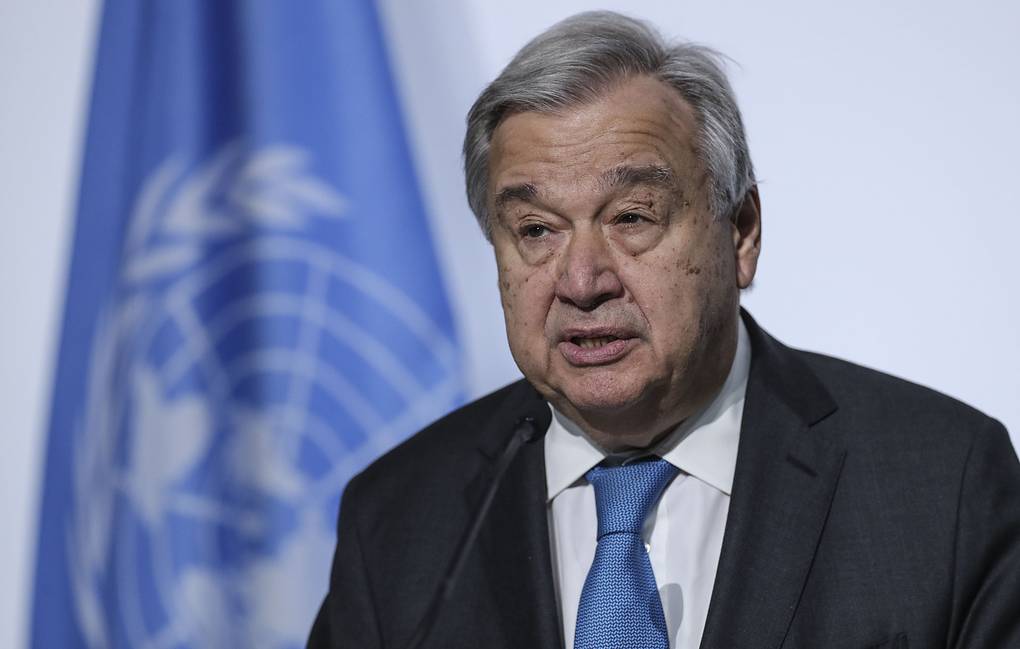New Delhi: The United Nations on Tuesday expressed concern over the continuing presence of foreign terrorist groups in Afghanistan. Concerns were raised in the latest quarterly Afghanistan report of the UN Secretary-General Antonio Guterres to the Security Council.
According to the media report, The security situation reveals a worrisome trend in recent months, particularly the series of attacks by ISIL-K, recurring armed opposition clashes with Taliban de facto security forces, and the continuing presence of foreign terrorist groups in Afghanistan.
The quarterly report said, “The Taliban’s commitment to ensuring that no group or individual will use the soil of Afghanistan to threaten the security of other countries must be sustained through concrete actions. The Taliban leadership is urged to engage in a serious counter-terrorism dialogue to strengthen international cooperation in countering these threats while complying with obligations under international law.”
The UN report called on the Taliban to protect the fundamental rights and freedoms of all Afghans, including women and girls.
The UN also concluded that shrinking civic space as a result of the continued pressure placed by the de facto authorities on journalists and civil society activists is cause for alarm.
This latest UN report follows the United Nations Assistance Mission in Afghanistan (UNAMA) report released in July which outlined the human rights situation in Afghanistan since the Taliban takeover.
The report summarised UNAMA’s findings with regards to the protection of civilians, extrajudicial killings, torture and ill-treatment, arbitrary arrests and detentions, the rights of women and girls in Afghanistan, fundamental freedoms, and the situation in places of detention. The report also contained recommendations to both the de facto authorities and the international community.
(Vinayak)

